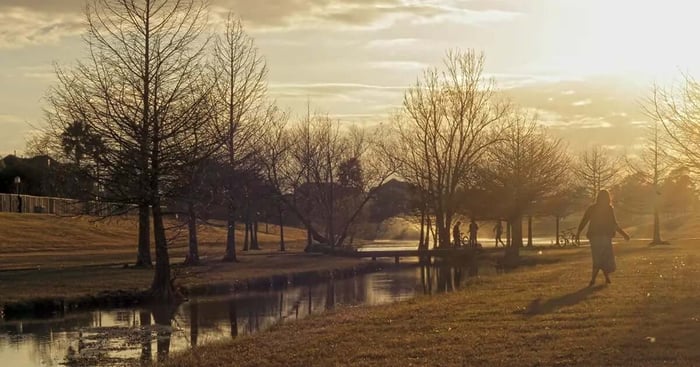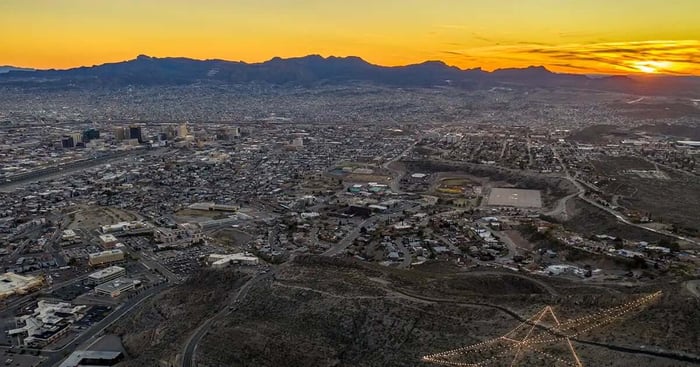Table of Contents
- 1. What size storage unit do I need?
- 2. Is the unit climate-controlled?
- 3. What security features are in place?
- 4. What are the access hours?
- 5. How is pricing structured?
- 6. Are there insurance requirements?
- 7. What is the lease flexibility?
- 8. Are there restrictions on what I can store?
- 9. What kind of customer support is available?
- 10. What additional features or services are offered?
- What's Next? Renting a Storage Unit!
- FAQs
Whether you’re downsizing, moving, or just decluttering your seasonal decor, renting a self-storage unit can be a lifesaver. But before you sign a lease, it’s essential to ask the right questions. The storage facility you choose should not only meet your space needs but also provide security, convenience, and value.
Here are 10 essential questions to ask before renting a self-storage unit, along with the reasons why each one matters.
1. What size storage unit do I need?
One of the first decisions is unit size. Self-storage facilities offer a range of options, from small 5x5 spaces (similar to a walk-in closet) to 10x30 units (large enough to hold the contents of a multi-bedroom home).
Ask the facility if they provide a storage size guide or can walk you through what fits in each unit. If you need to compare storage unit sizes, look for an online storage unit size guide.
It’s also smart to think about future needs. For example, you might only need a 5x10 unit for boxes and seasonal items now, but if you’re planning a move or renovation project, upsizing to a 10x15 may save you the hassle of renting a second unit later.
2. Is the unit climate-controlled?
Not everything fares well in fluctuating temperatures or humidity. Climate-controlled storage units regulate both temperature and moisture, making them ideal for storing:
Wooden furniture
Electronics
Vinyl records, photos, and collectibles
Household appliances
Important documents
If you live in an area with extreme temperatures or humidity swings, this feature is worth the investment. Ask how the facility maintains climate control and whether all units have it or just select ones. You can also check out our climate-controlled storage guide to see if it’s the right fit.
3. What security features are in place?
Security is one of the biggest concerns for storage renters. Be sure to ask about:
Gated access with unique PIN codes
24/7 video surveillance
Bright exterior lighting
Fully fenced perimeter
Individual unit alarms
On-site management
A reputable facility should be transparent about its security measures and how it’ll help protect your belongings. If possible, take a tour of the property to see the setup for yourself.
4. What are the access hours?
Depending on your lifestyle, access hours can be a deal-breaker. Some facilities allow 24/7 entry, while others restrict access to specific times.
Think about how often you’ll need your items. If you’re storing holiday décor or keepsakes that you’ll only touch once or twice a year, limited hours may not be a concern. But if you’re storing tools, inventory, or business supplies, round-the-clock access could be critical.
Also check office hours, especially if you prefer to pay in person or need regular customer service. Convenient storage facility access can make your experience much smoother.
5. How is pricing structured?
Storage pricing isn’t always straightforward. Ask these follow-up questions:
What’s the monthly rental rate?
Do you offer discounts for long-term contracts?
Are there move-in specials or first-month deals?
Will my rate increase after a few months?
Are there any hidden fees when moving in?
Many facilities advertise low introductory rates but raise them later. Understanding the full cost upfront helps you budget better and avoid surprises.
6. Are there insurance requirements?
Almost all storage facilities require that stored items be insured. Some homeowners or renters insurance policies extend coverage to storage units, but not all do.
If yours doesn’t, ask whether the facility offers tenant protection plans or can recommend affordable options. Even if it’s not required, storage unit insurance is a smart safeguard against the unexpected.
7. What is the lease flexibility?
Life is unpredictable. Maybe your move gets delayed, or you finish a home project sooner than expected. Flexible lease options matter.
Ask whether the facility offers month-to-month rentals or requires a long-term contract. Month-to-month gives you the freedom to adjust as your needs change.
Also, clarify the process for moving out. Is notice required, and if so, how much?
8. Are there restrictions on what I can store?
Not everything can be stored in a unit. Commonly prohibited items include:
Flammable or hazardous materials (paint, gasoline, propane tanks)
Perishable food items
Live plants or animals
Firearms or explosives
Request a comprehensive list of restrictions to avoid any issues on move-in day. Your storage unit lease typically lists what items cannot be stored at a self-storage facility.
9. What kind of customer support is available?
Friendly, accessible staff can make all the difference. Ask if the facility has on-site managers for in-person help during business hours. Also, check if support is available via phone or online chatbot.
You’ll also want to know how quickly staff respond to emergencies or maintenance requests. A facility that prioritizes customer support demonstrates its value to renters.
10. What additional features or services are offered?
The best storage facilities go beyond four walls and a lock. Extras may include:
Online bill pay and autopay options
Moving truck rentals or partnerships
Large drive aisles that can accommodate moving trucks
Packing supplies sold on-site
Drive-up units for easy loading
Another thing to look for? Accessibility to the facility itself. It's best to find a storage facility that's in close proximity to your home and near a major road or highway exit. The more convenient the location, the easier it will be to get to your belongings.
What's Next? Renting a Storage Unit!
Choosing a storage unit isn’t just about extra room — it’s about peace of mind. By asking these questions before renting a storage unit, you can avoid surprises and select a facility that meets your needs.
At Storage Star, we offer modern, customer-first storage solutions across the U.S. From climate-controlled units to convenient online rental options, our facilities are designed with you in mind.
Ready to rent? Find a Storage Star location near you today.
FAQs
What do I need to rent a self-storage unit?
Most facilities require a government-issued photo ID, a signed lease, proof of insurance (if you did not purchase a protection plan through the facility itself), and the first month’s payment.
How do I choose the right storage unit size?
Consider the items you’re currently storing and whether you plan to add more later. A 5x10 works for small furniture and boxes, while a 10x20 fits the contents of a 3-bedroom home. Use a storage unit size guide to compare.
Can I access my storage unit anytime?
It depends on the facility. Some locations allow 24/7 access, while others limit gate hours. Always confirm before signing a lease.
What items cannot be stored in a self-storage unit?
You can’t store hazardous or flammable materials, perishable foods, live plants, or animals. Most leases include a full restricted items list.
Is climate-controlled storage worth it?
Yes! If you’re storing furniture, electronics, collectibles, or documents, climate control helps prevent damage from extreme temperatures and humidity.





